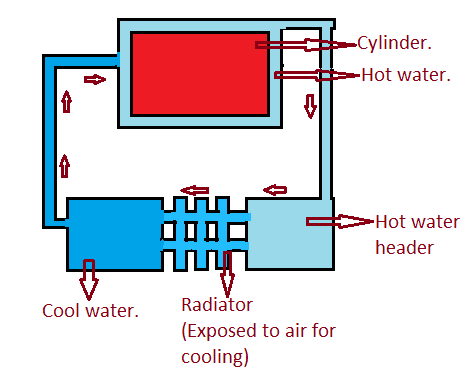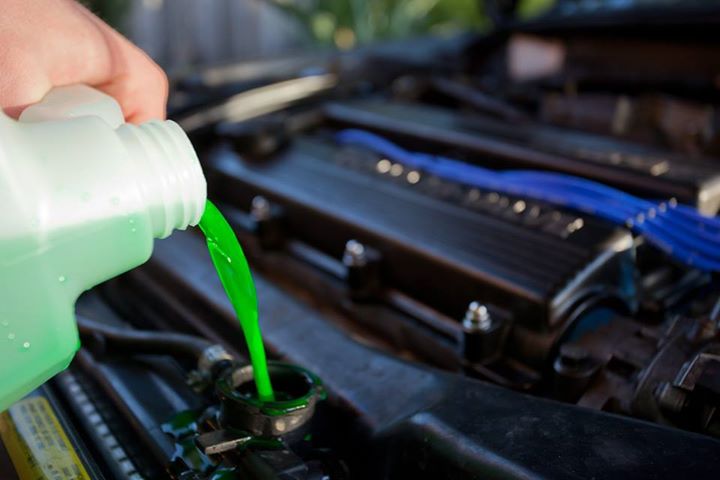When you buy a car, it comes with lots of meters and gauges to help you monitor important things like speed, temperature, tire pressure, fuel level, and more. It’s important to understand what each gauge does so that you can use them correctly and keep your car running smoothly. Let’s take a look at the different types of meters and gauges in cars and how they work.
The Following are the Gauges and meters in a Car
- Ammeter
- Clinometer
- Dynamometer
- Fuel gauge
- Manometer
- Hydrometer
- Odometer
- Speedometer
- Tachometer
- Temperature gauge
- Tire pressure gauge
- Vacuum gauge
- Voltmeter
- Water temperature meter
- Oil pressure gauge
1. Ammeter: The ammeter is used to measure the amount of current flowing in your car’s electrical system. It shows whether you are drawing too much power from the alternator or battery so that you can make adjustments accordingly.
2. Clinometer: A clinometer is used to measure angles such as the angle of a hill or slope. This is useful if you need to know how steep a road is before driving up or down it.
3. Dynamometer: A dynamometer measures engine power output and torque in real-time. It helps mechanics diagnose engine problems by giving them an accurate picture of how much power the engine is producing.
4. Fuel Gauge: This one’s pretty self-explanatory! The fuel gauge tells you how much fuel is left in your tank so that you don’t run out unexpectedly.
5. Manometer: A manometer measures pressure differences between two points in a system. It can be used to diagnose problems with an engine’s fuel delivery system or other parts of the vehicle’s mechanical systems.
6. Hydrometer: A hydrometer measures the density (or weight) of liquids such as antifreeze, transmission fluid, oil, etc., which helps mechanics diagnose problems with these fluids.
7. Odometer: An odometer keeps track of your car’s total mileage over its lifetime so that mechanics can check for wear-and-tear issues due to excessive mileage.
8. Speedometer: As its name implies, this meter indicates your current speed while driving so that you don’t exceed the speed limit on any given road or highway.
9. Tachometer: This meter measures engine RPMs (the number of times the crankshaft rotates per minute). Knowing this information helps mechanics diagnose potential problems related to engine performance or lack thereof.
10. Temperature gauge: The temperature gauge lets you know when your engine has reached its optimal operating temperature; this helps prevent overheating which could cause serious damage if left unchecked for too long.
11. Tire pressure gauge: This meter gives you an indication of how much air pressure is in each tire; it’s important to keep tires at their proper inflation levels for safety reasons and improved gas mileage/performance overall.
12. Vacuum gauge: A vacuum gauge measures air intake into an engine; this information can help mechanics diagnose issues related to exhaust valves and other components related to air intake/exhaust flow rate/pressure balance within an engine system itself.
13. Voltmeter: The voltmeter measures voltage levels within a vehicle’s electrical system; low voltage levels could indicate problems with battery charge/discharge rates which would need further diagnosis by a mechanic..
14. Water temperature meter: A water temperature meter lets drivers know when their vehicle’s coolant temperature has reached optimal operating temperatures; this helps prevent overheating which could cause serious damage if left unchecked for too long..
15. Oil pressure gauge: An oil pressure gauge monitors oil levels within an engine; low oil levels indicate potential problems with oil circulation, leaks, etc., which need further diagnosis by a mechanic .
Conclusion:
Understanding all these different meters and gauges in cars is vital for keeping your car running smoothly! From monitoring fuel levels, tire pressures and temperatures to measuring voltage levels and RPMs – each one plays an important role in diagnosing potential issues before they become catastrophic failures down the line! Be sure to familiarize yourself with all these gauges so that you’re always prepared when something goes wrong!


